ASH 2024: CAR-T
CAR-T achieves favorable responses and survival in relapsed or refractory LBCL in both the second- and third-line setting.
The therapy under evaluation by two ongoing studies involves a new accelerated CAR T-cell product manufacturing process.
The 5-year follow-up analysis of ZUMA-5 showed continued efficacy and no new safety signals.
Advertisement
The phase 1b study of CAR22 is ongoing, and investigators are currently looking to enroll more patients.
Dr. Matthew Cortese reported that CAR T-cell therapy appears to overcome some of the adverse prognostic impact.
The study used a standard 3+3 dose escalation design to evaluate the results of SYNCAR-001 plus STK-009.
Advertisement
Data support rituximab over watchful waiting in front-line therapy for low-tumor-burden follicular lymphoma, study concludes.
According to Jeremey S. Abramson, MD, TRANSCEND FL showed the highest CR ever reported in high-risk follicular lymphoma.
Results from the phase 1 ENABLE-1 study show complete responses comparable to commercial CAR Ts in B-cell NHL.
CTX112, a next-generation allogeneic CRISPR-Cas9–engineered showing encouraging results in B-cell malignancies.
The approach demonstrated safety and produced response in B-ALL, DLBCL, follicular lymphoma, and MCL.
Encouraging initial study findings in mice will inform the design of a BHB supplementation trial in human patients.
Results from the TRANSCEND CLL 004 show continued benefit of lisocabtagene maraleucel for R/R CLL treatment.
A large, multicenter retrospective study found favorable efficacy and toxicity with this approach.
Odronextamab monotherapy showed promising efficacy in patients with high-risk, grade 1-3a follicular lymphoma.
Robust responses with favorable safety has been demonstrated with tisagenlecleucel in relapsed or refractory Fl.
Favorable preclinical outcomes were demonstrated with VX765 treatment.
Phase 1 study results hint response durability for novel CAR-T agent, CAR22 in certain patients with large B-cell lymphoma.
Molecular features typically associated with inferior outcomes did not significantly affect survival or CAR-T response.
Liso-cel plus ibrutinib demonstrates substantial efficacy, deep remissions, and manageable safety.


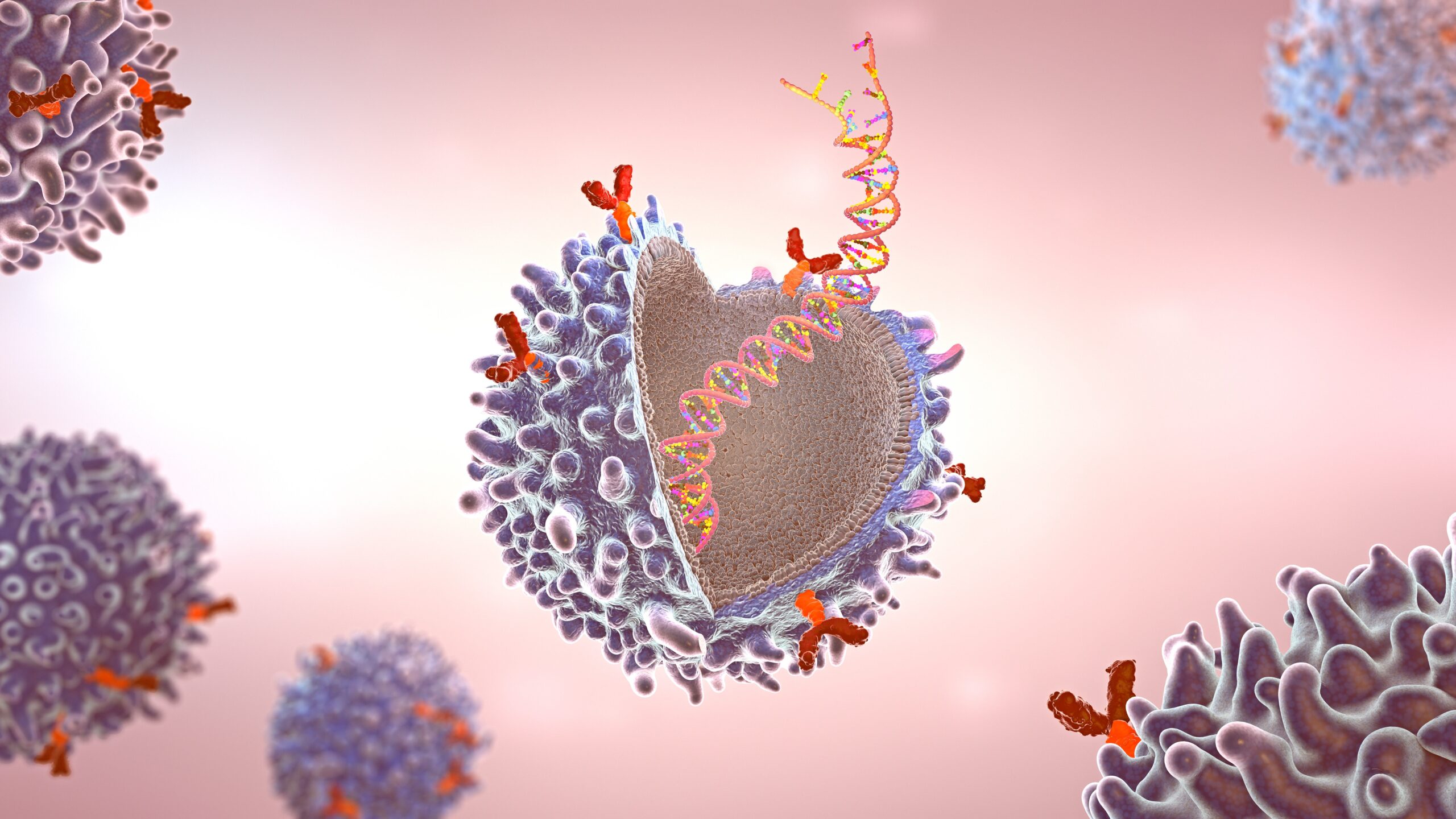
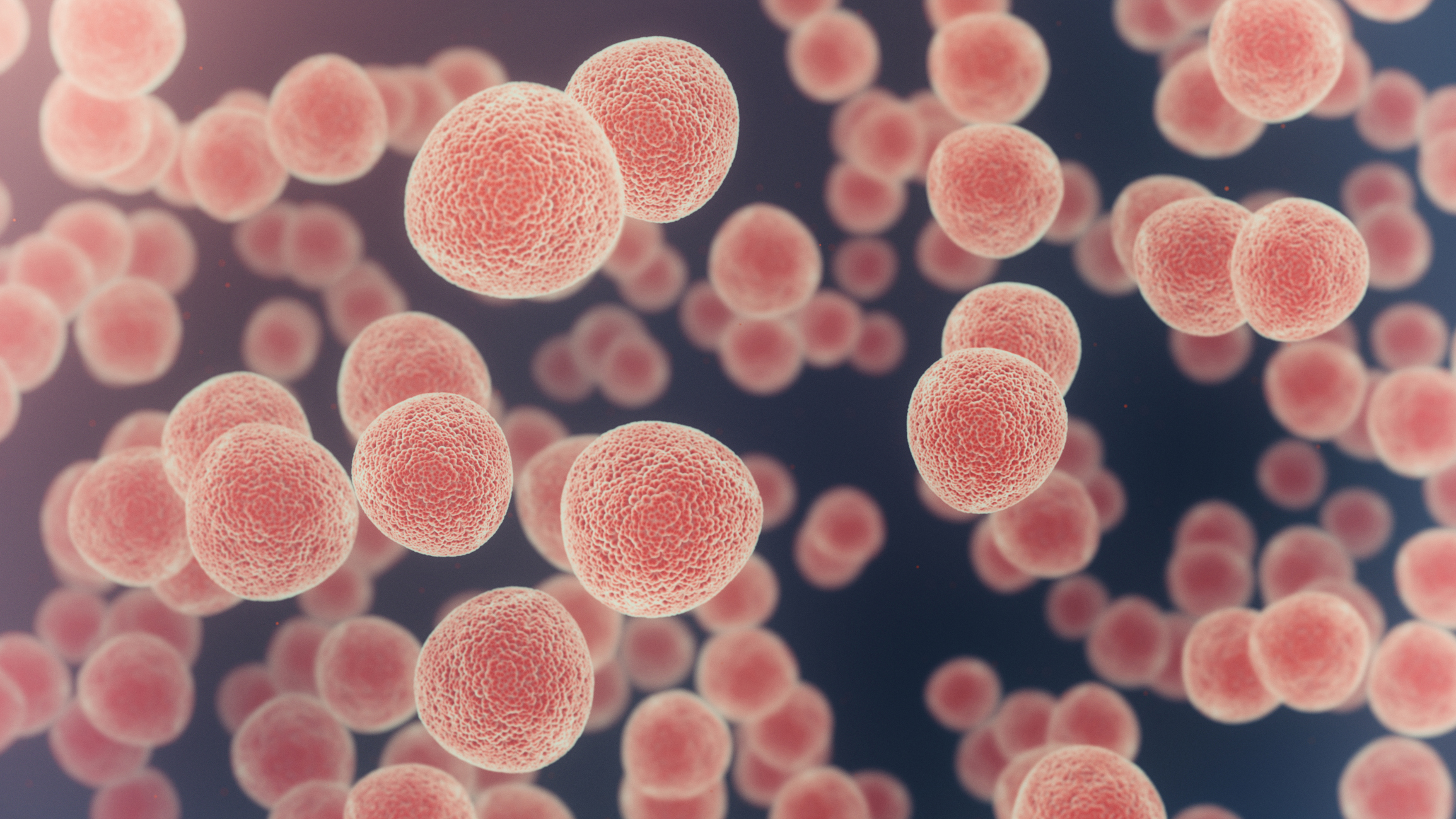

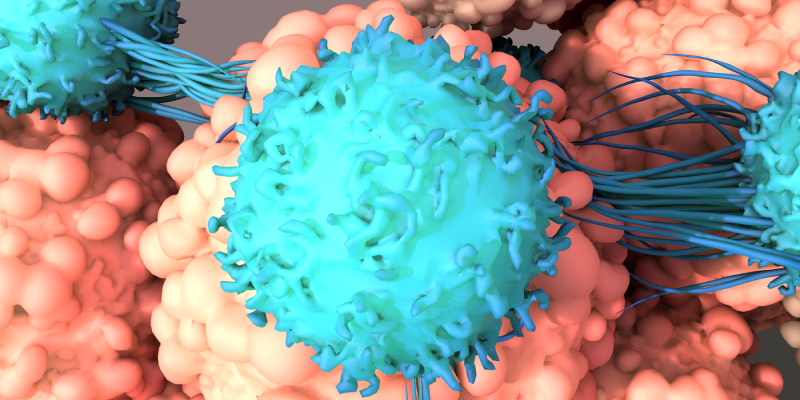


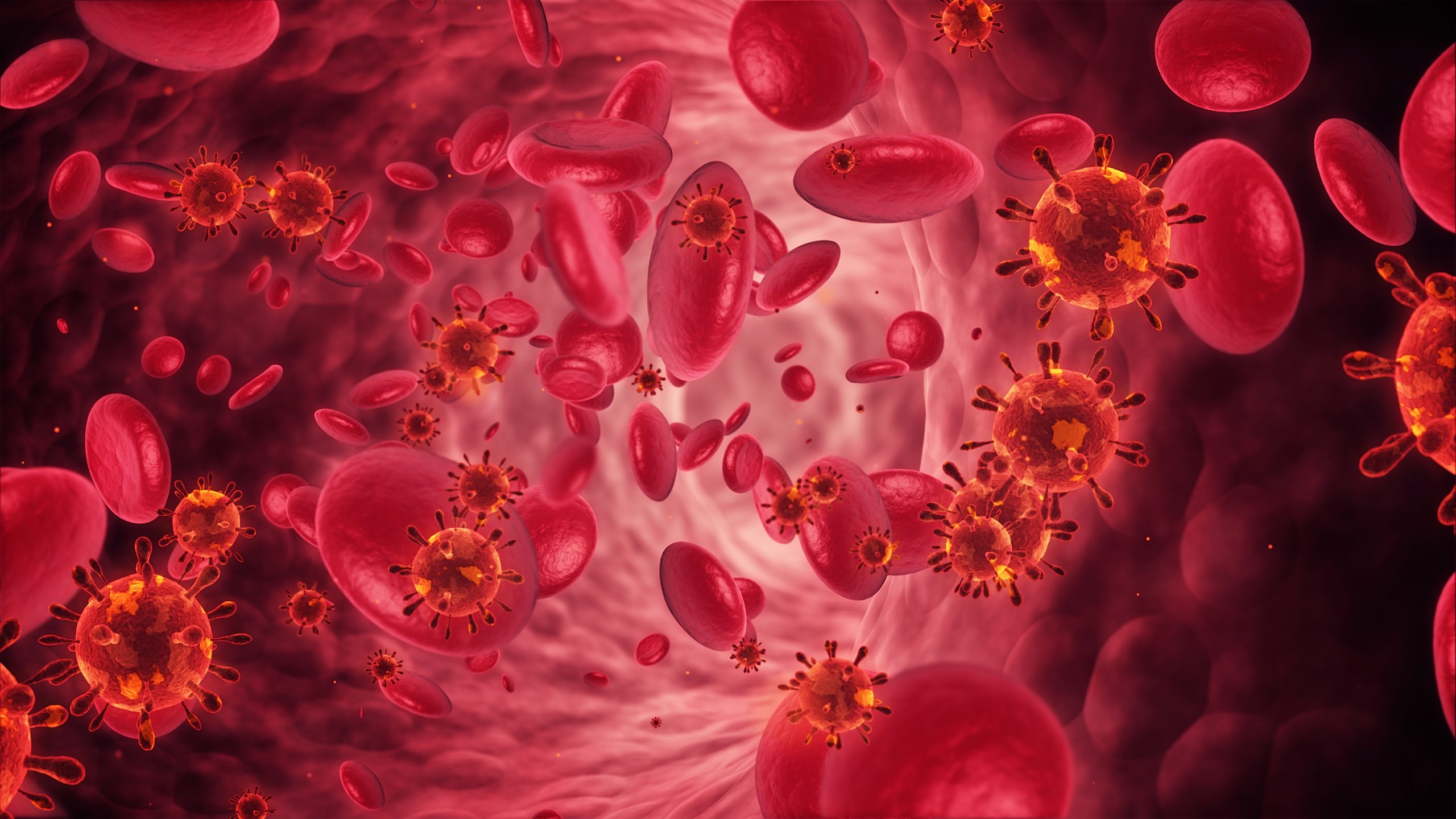

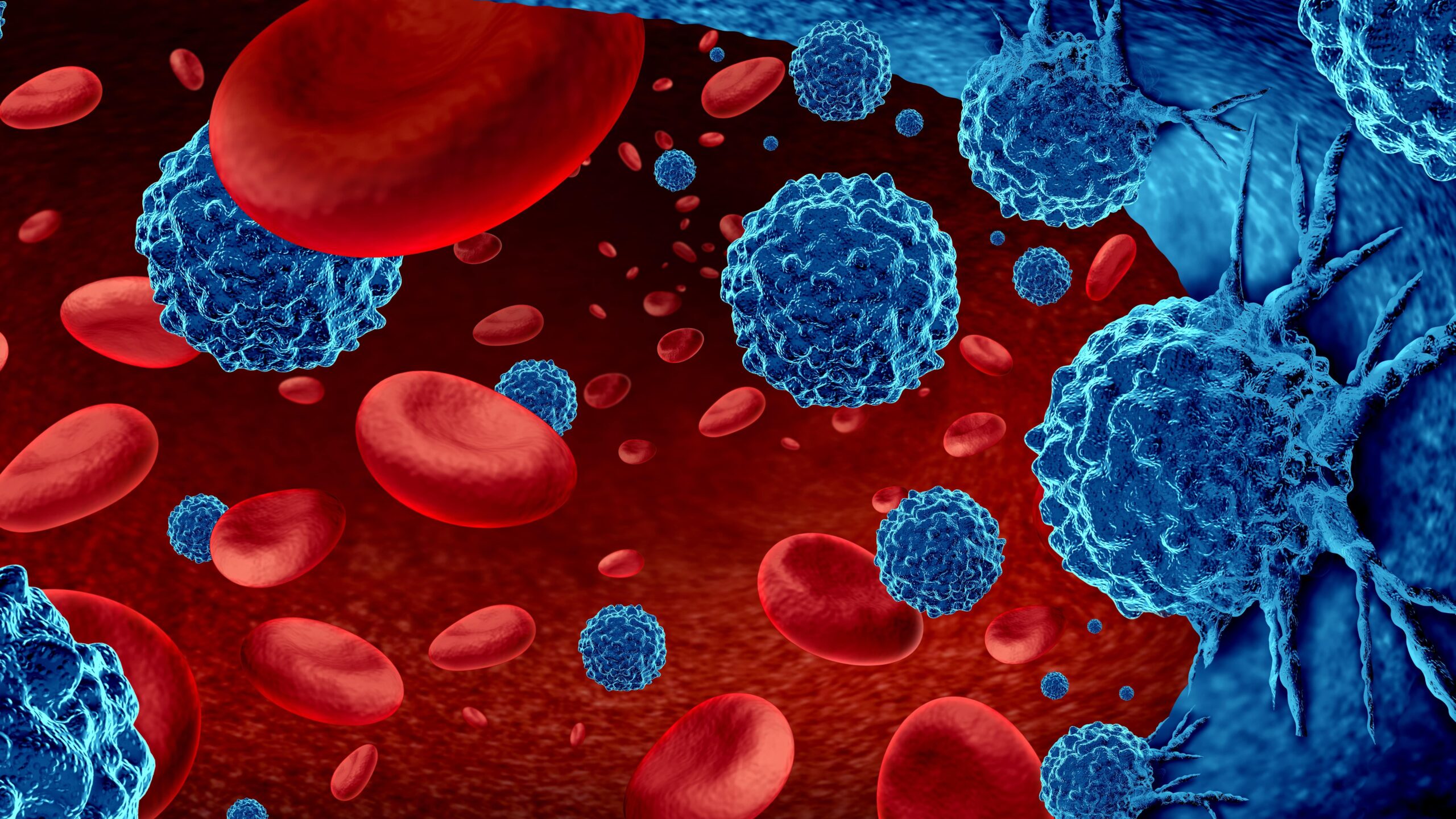
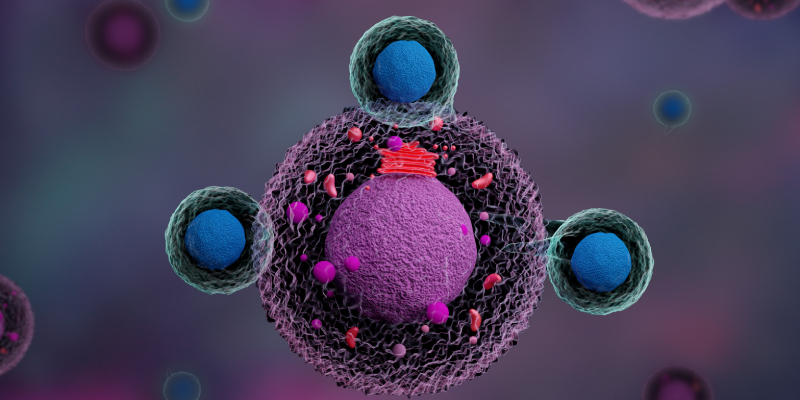

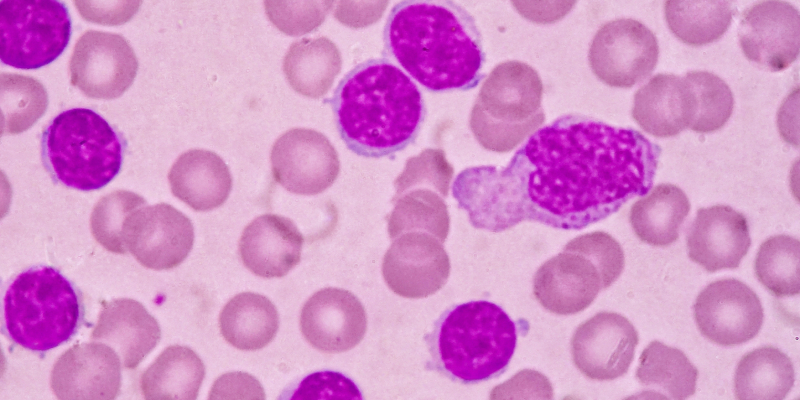
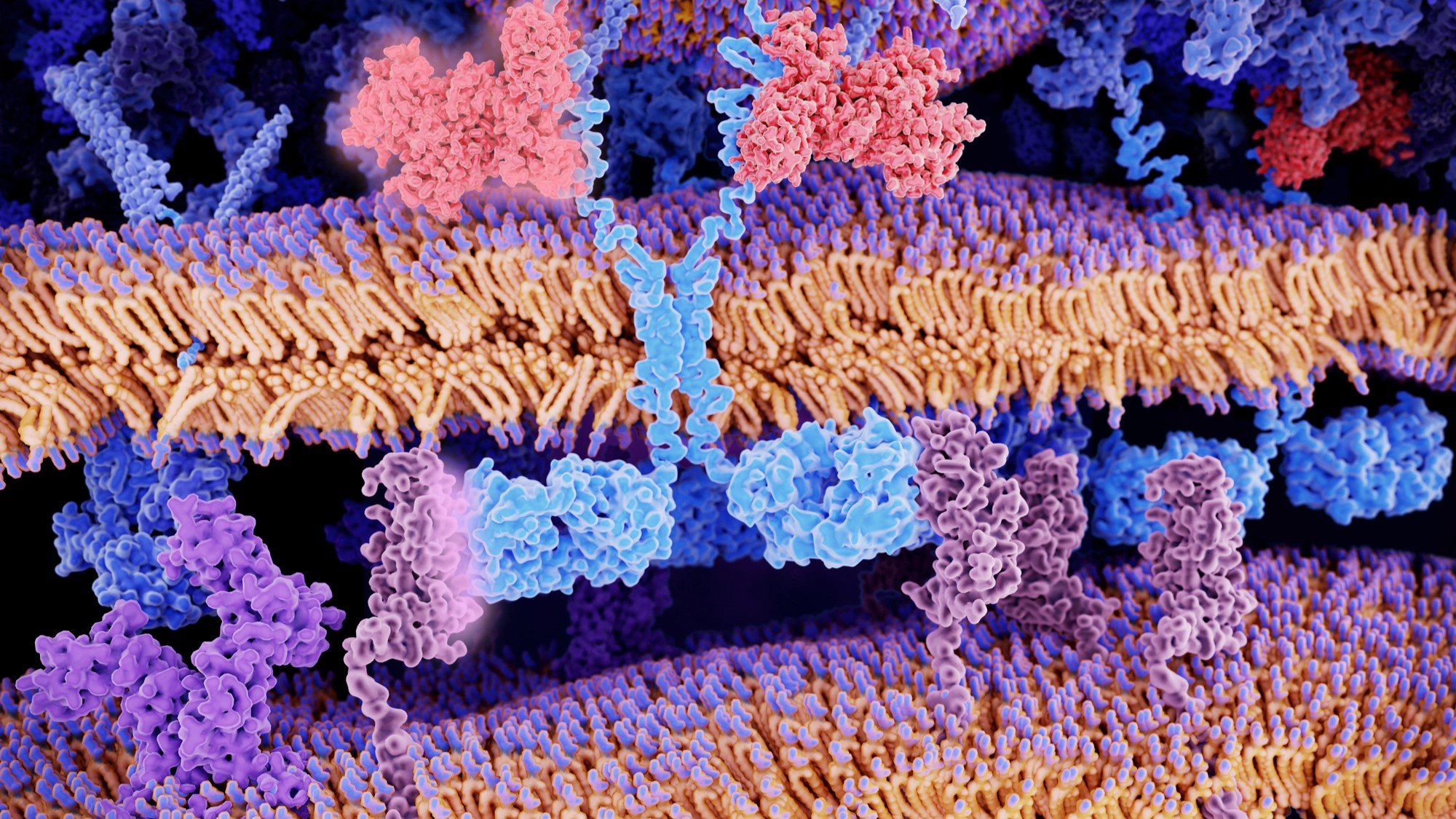

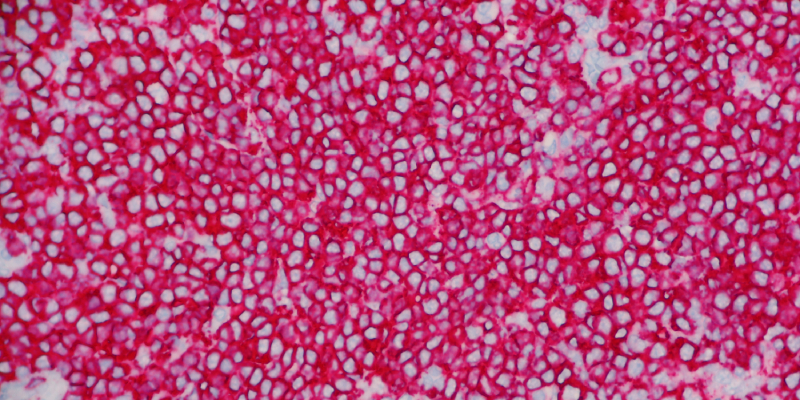

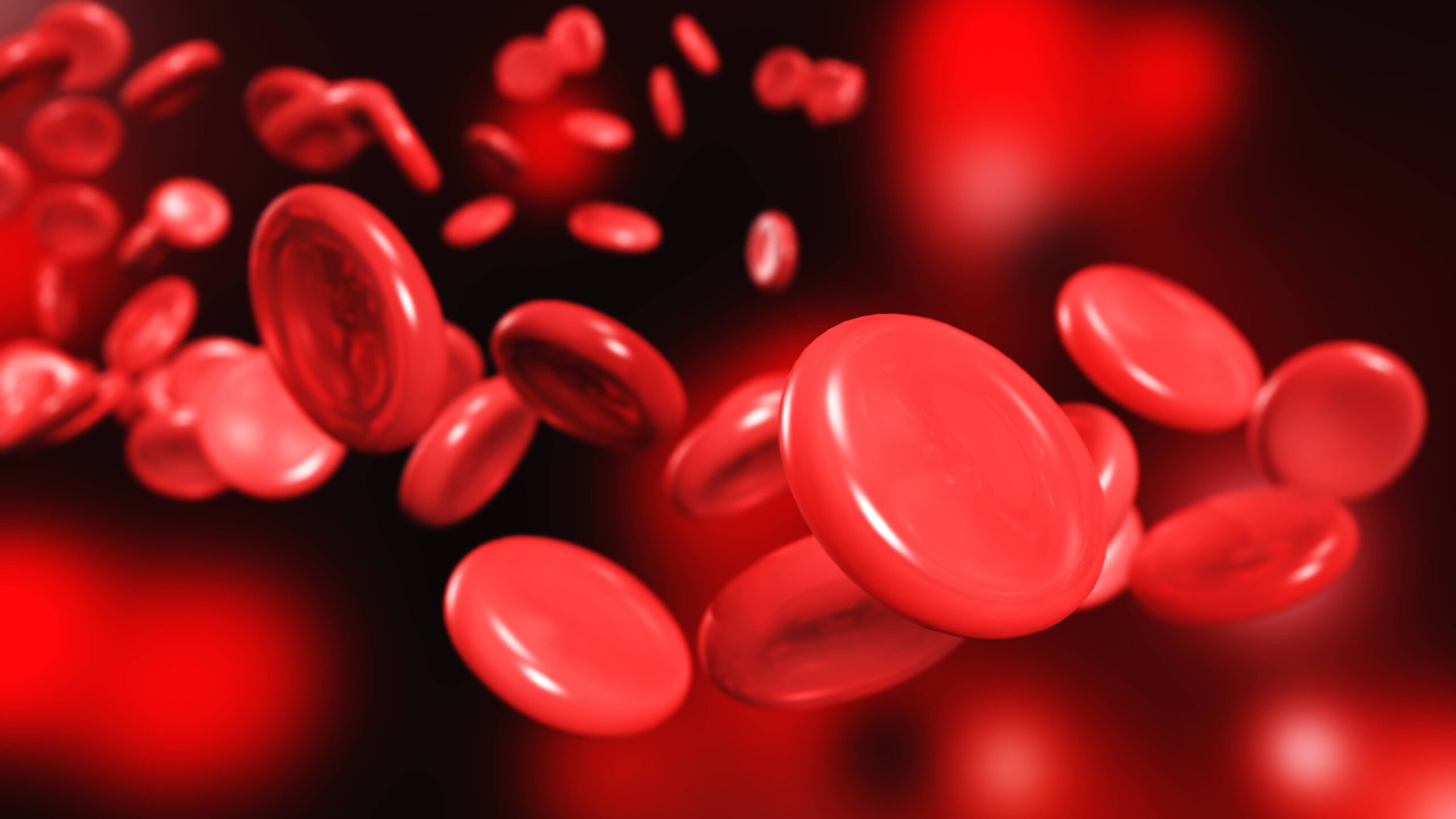
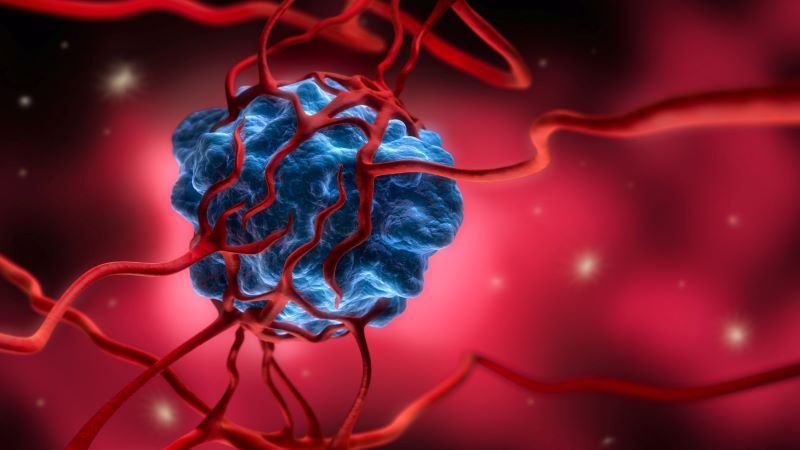

 © 2025 Mashup Media, LLC, a Formedics Property. All Rights Reserved.
© 2025 Mashup Media, LLC, a Formedics Property. All Rights Reserved.